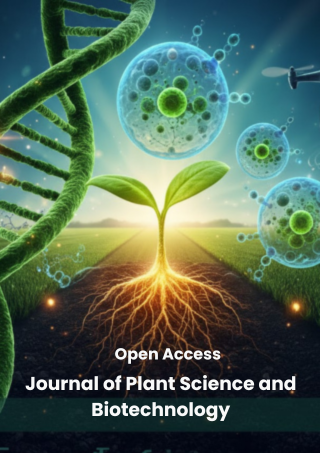Plant Tissue Culture and Micropropagation
Plant tissue culture and micropropagation represent cornerstone techniques in modern plant biotechnology, enabling the controlled growth and multiplication of plants under sterile, in vitro conditions. These methods exploit the totipotency of plant cells, where even a single cell or tissue fragment can regenerate into a complete plant. Through the use of defined nutrient media and growth regulators, researchers can induce callus formation, organogenesis, or somatic embryogenesis to propagate plants rapidly and uniformly. Micropropagation offers significant advantages for agriculture, horticulture, and forestry by producing large numbers of genetically identical and disease-free plants in a short timeframe. It plays a vital role in conserving rare, endangered, and elite germplasm, ensuring biodiversity preservation. Furthermore, tissue culture techniques are widely applied for the production of virus-free planting material, secondary metabolite synthesis, and genetic transformation studies. From ornamental plants and fruit crops to forest trees and medicinal species, tissue culture and micropropagation accelerate breeding programs and support large-scale commercial production. These technologies bridge fundamental plant biology with practical applications, making them indispensable for sustainable agriculture and global food security.
Article Processing Timeline
| 2-5 Days | Initial Quality & Plagiarism Check |
| 15 Days |
Peer Review Feedback |
| 85% | Acceptance Rate (after peer review) |
| 30-45 Days | Total article processing time |
Journal Flyer


